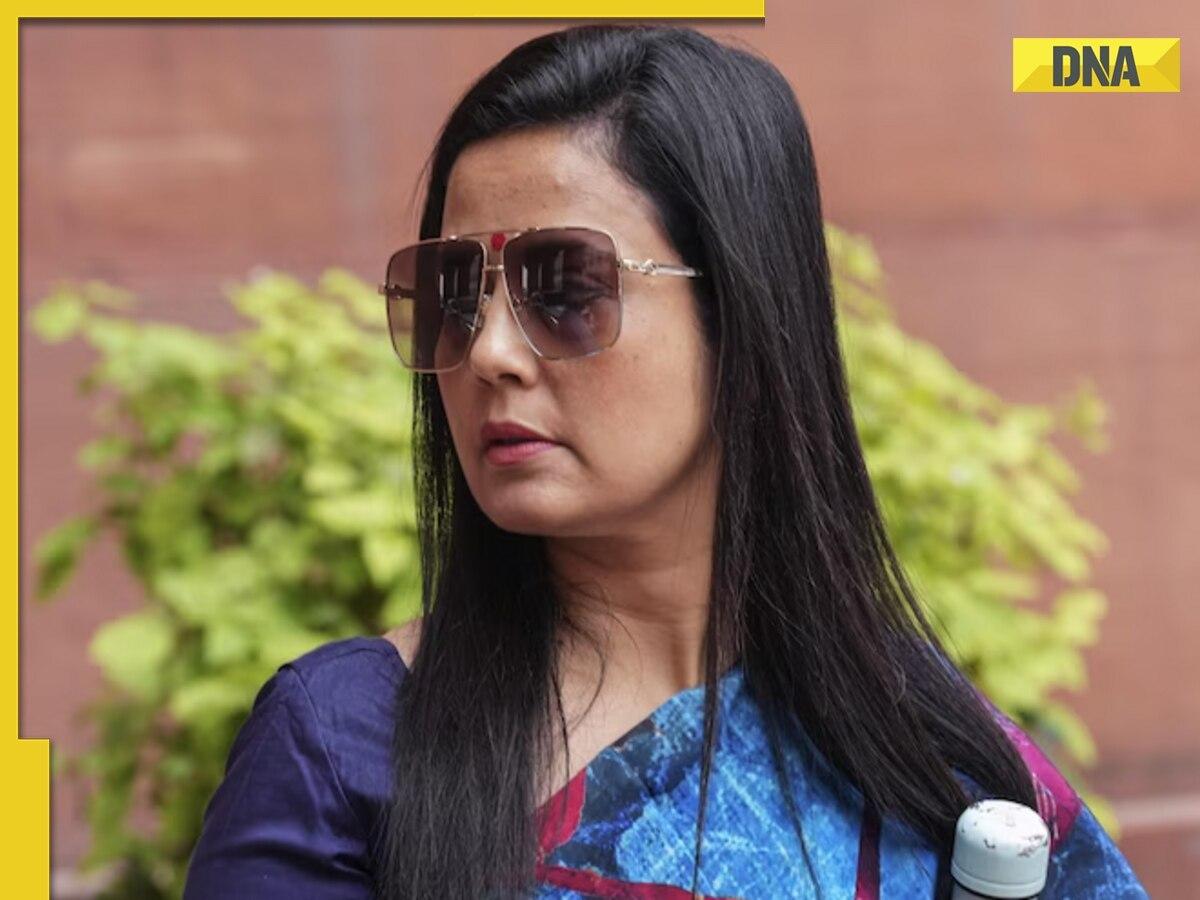
Trinamool Congress MP Mahua Moitra recently launched a scathing criticism against the central government, accusing it of manipulating parliamentary procedures to suspend her from the last Lok Sabha session. Moitra contended that her removal from Parliament was not only a personal affront but also had significant political repercussions, claiming that it cost the Bharatiya Janata Party (BJP) 63 seats in the recent general elections.
Moitra’s troubles began last December, when she was expelled from the Lok Sabha under allegations of being involved in a cash-for-query scandal. Speaking passionately during a Parliament discussion on Monday, Moitra drew on religious symbolism to underscore her resilience. “Much like Lord Krishna protected Draupadi, the people of Krishnanagar have protected me,” she asserted, invoking a powerful imagery of divine intervention and community support.
Despite the cloud of controversy hanging over her, Moitra took the opportunity to address widespread rumors and speculations about what her expulsion had cost her. She acknowledged that many believed she had lost much more than her parliamentary seat. This included her Delhi residence and even her health, citing a surgical procedure that led to the loss of her uterus. However, Moitra turned these perceived losses on their head by focusing on what she had gained—specifically, a newfound sense of freedom. “You know what I gained? Freedom from fear,” she declared emphatically.
Unfazed by the series of adversities that have dogged her political journey, Moitra emphasized her unwavering courage in the face of systemic intimidation and harassment. “I do not fear you,” she stated, directing her words at the BJP-dominated central government. “Your ED (Enforcement Directorate), CBI (Central Bureau of Investigation), income-tax department, trolls, media, and bought-out judges cannot scare us,” she added, portraying a defiant stance against what she perceives as attempts to quell dissent within the political landscape.
Moitra then pivoted to a broader issue of gender representation and women’s empowerment within the political sphere—a topic that has often been a flashpoint in Indian politics. She criticized the BJP for its alleged hesitancy to advance women’s reservation in Parliament. According to her, the ruling party fears strong women who can challenge their authority.
. “There are just 74 women MPs this time, with the BJP having only 30 out of 240,” she pointed out, contrasting this number with her own party’s record. “In contrast, the TMC had 37 percent women MPs last time and 38 percent this time,” she noted, highlighting the higher proportion of women representatives in her party as an indicator of its commitment to gender equality.
Moitra’s remarks come at a time when the discourse around women’s participation in politics is gaining critical attention. India’s Women Reservation Bill, which seeks to reserve 33% of seats in the Lok Sabha and state legislative assemblies for women, has been pending for years. The bill’s stagnation, Moitra argued, is evidence of a broader reluctance to empower women within the political system. She called out the government for what she perceives as its lip service to the ideals of women’s empowerment, accusing it of delaying meaningful progress out of fear of strong female voices.
Her passionate speech not only touched upon her personal battles but also called on the collective conscience of Parliament to reflect on the very nature of democratic representation. Moitra’s challenge to the government resonated with many, shedding light on the intersection of gender, power, and political maneuvering. By standing her ground, she positioned herself as a formidable force advocating for broader systemic changes.
Her words reverberated beyond the confines of the parliamentary chamber, sending a signal to constituents and political observers alike. Moitra’s articulation of her experiences and incisive critique of the current political dynamics added a new layer to the ongoing discourse on democracy, transparency, and the role of women in politics. As the public and political figures digest her statements, it remains to be seen how this will influence future legislative priorities and the broader political narrative in India.
In conclusion, Mahua Moitra’s address in Parliament serves as a powerful reminder of the tenacity required to confront both personal and political challenges. Her fearless stance and unwavering advocacy for women’s empowerment underline the critical need for inclusive representation in India’s democratic processes. Whether or not her criticisms will lead to tangible changes remains to be seen, but her voice has undeniably added to the clamor for a more equitable political landscape.












